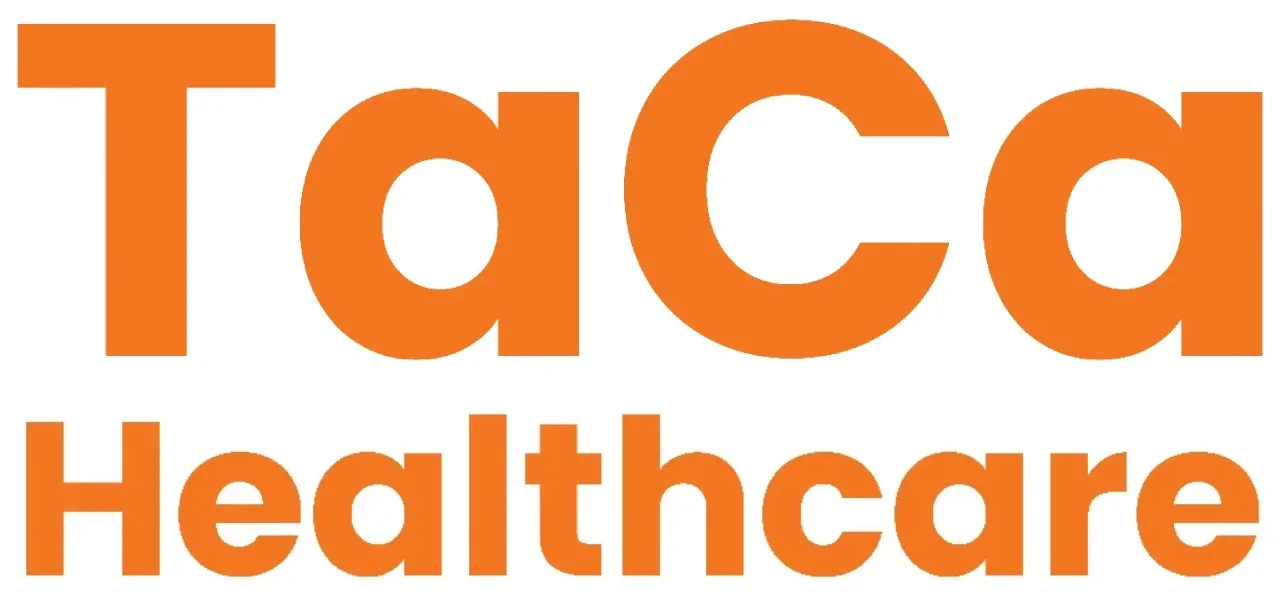A small tear in the thin, moist tissue that lines the anus causes an anal fissure. An anal fissure might emerge when you pass hard or large faeces during a bowel movement. Pain and bleeding in the bowel motions are symptoms of anal fissure. Spasms in the muscular ring at the end of your anus can also occur. Anal fissures are especially prevalent in infants, although they can happen to anyone at any age. Simple therapies, such as increased fiber intake or sitz baths, can help most anal fissures heal. Anal fissures may rarely need surgery.


At TaCa Healthcare we align a dedicated TaCa dost with each and every fissure patient so that you don't have to worry about formalities & paperwork at hospital.

Taca Healthcare offers Treatment of fissure at very affordable rate. We also provide insurance paperwork support. TaCa Healthcare is working on a Mission to make fissure treatment affordable in India.

Depending upon your insurance provider fissure treatment is covered up to 100%. TaCa Healthcare ensures Hassle free treatment experience that too at very low cost.

Fissure procedure takes a maximum of 30 minutes to complete. Fissure treatment is a daycare procedure wherein patient can get discharged and go home early.
Your doctor will most likely inquire about your medical history and do a physical examination, which will likely include a mild examination of the anal region. The tear is frequently noticeable. An anal fissure can usually be detected with just this inspection.
Acute anal fissure have the appearance of a fresh rip, similar to a paper cut. A chronic anal fissure is more likely to have a deeper tear and fleshy growths on the inside or outside. If a fissure lasts longer than eight weeks, it is considered chronic.
The position of the fissure reveals information about its cause. A fissure on the side of the anal orifice, rather than the rear or front, is more likely to indicate the presence of another ailment, such as Crohn’s disease. If your doctor suspects you have an underlying disease, he or she may suggest additional testing:
Anoscopy – It is a tube that is inserted into the anus and allows your doctor to view the rectum and anus.
Flexible sigmoidoscopy – It is a type of sigmoidoscopy that allows you to move A thin, flexible tube with a tiny video will be inserted into the bottom region of your colon by your doctor. You may be qualified for this test if you’re under 50 and don’t have any risk factors for intestinal illness or colon cancer.
Colonoscopy – To evaluate your entire colon, your doctor will put a flexible tube into your rectum. If you’re over 50, have risk factors for colon cancer, evidence of other illnesses, or other symptoms including abdominal pain or diarrhoea, this test may be recommended.

Patients who have failed to respond to standard treatment should consider surgery to treat fissure. Recurrent cracks can also lead to the production of scar tissue, which prevents the anal opening from fully relaxing, necessitating surgical intervention. Evidence suggests that patients’ responses to conservative therapy should be monitored for 4 to 12 weeks before surgery is recommended.
Patients with severe symptoms from persistent or reoccurring chronic fissure may require surgical therapy, which involves cutting a tiny portion of the muscle that relaxes or tightens to open or close the anus to pass faeces, to reduce spasm and pain. However, because it is a surgical operation, there is a risk of complications such as recurrence or loss of control over flatus or stools transit.
By softening stools and relieving pressure on the anal canal, anal fissure treatment relieves discomfort and bleeding. Conservative treatments are first tried, which may include one or more of the following:
Most fissure heal within a few weeks to months using these techniques. When therapies fail and anal fissure persist or return, further options can be considered, such as:
For the first week after your treatment, avoid heavy activities.
Constipation should be avoided at all costs.
Consume a balanced diet that includes plenty of fresh fruits and vegetables. Aim for 6 to 8 glasses of water per day.
Dry toilet tissue should be avoided at all costs. After bowel motions, clean yourself with moist cotton pads or, if possible, a warm bath.



TaCa Healthcare's mission is to provide high-quality, cost-effective surgical care available to you near your home.
We work with specialist doctors and healthcare partners to implement proven innovations and best practices to transform patient care.
We are just a call away. Call us at: +91 9319880099
We are currently operational in Delhi/NCR, Bhopal, Indore, Jabalpur, Hyderabad, Sonipat.
TaCa Healthcare is committed to making quality multi-specialty surgical care accessible to everyone, everywhere. We have a large network of hospitals, expert surgeons, and we use latest surgical technologies to ensure better surgical outcomes, shorter hospital stay, and faster recovery for our every patient.
No, we currently provide elective surgeries.
TaCa has its own clinics, where you can meet the surgeons directly.
